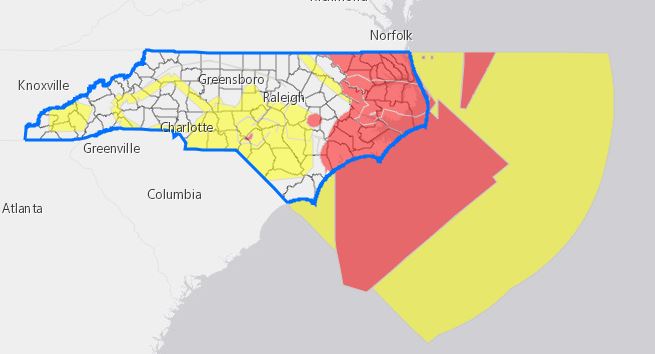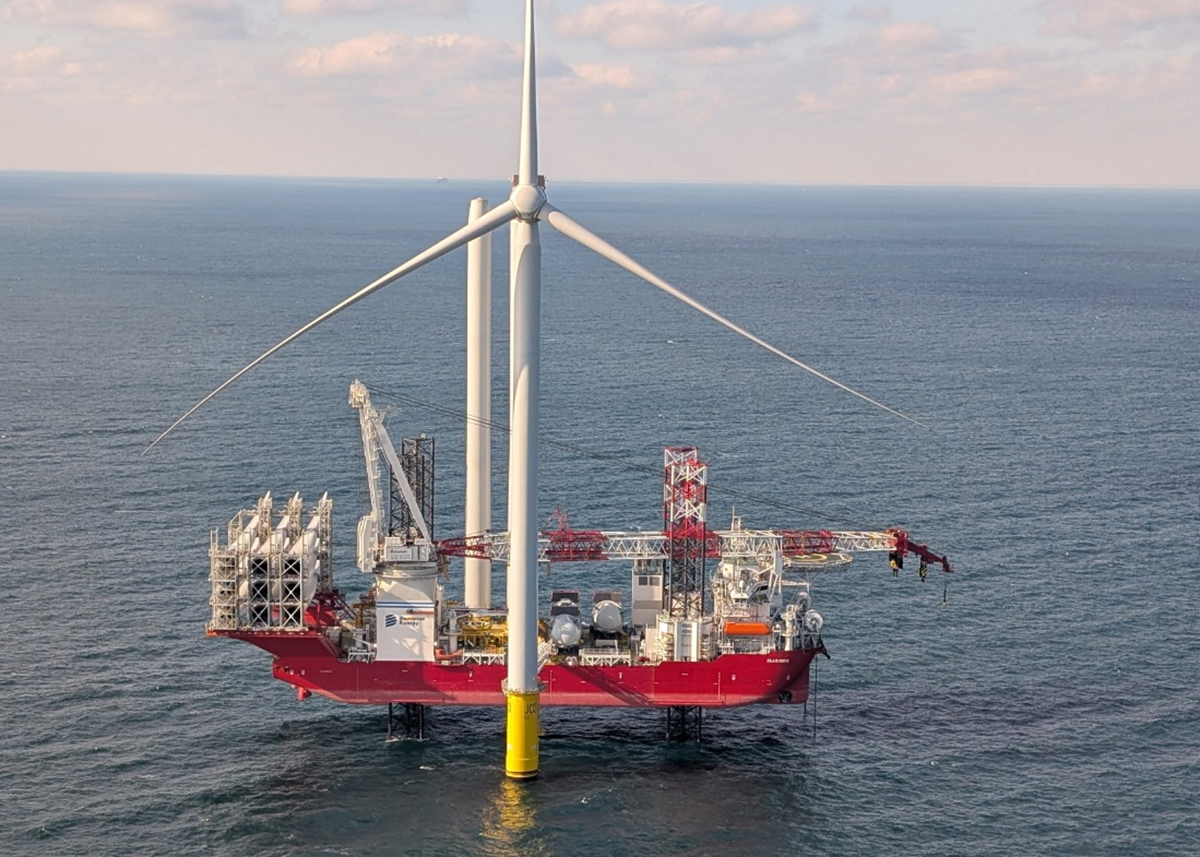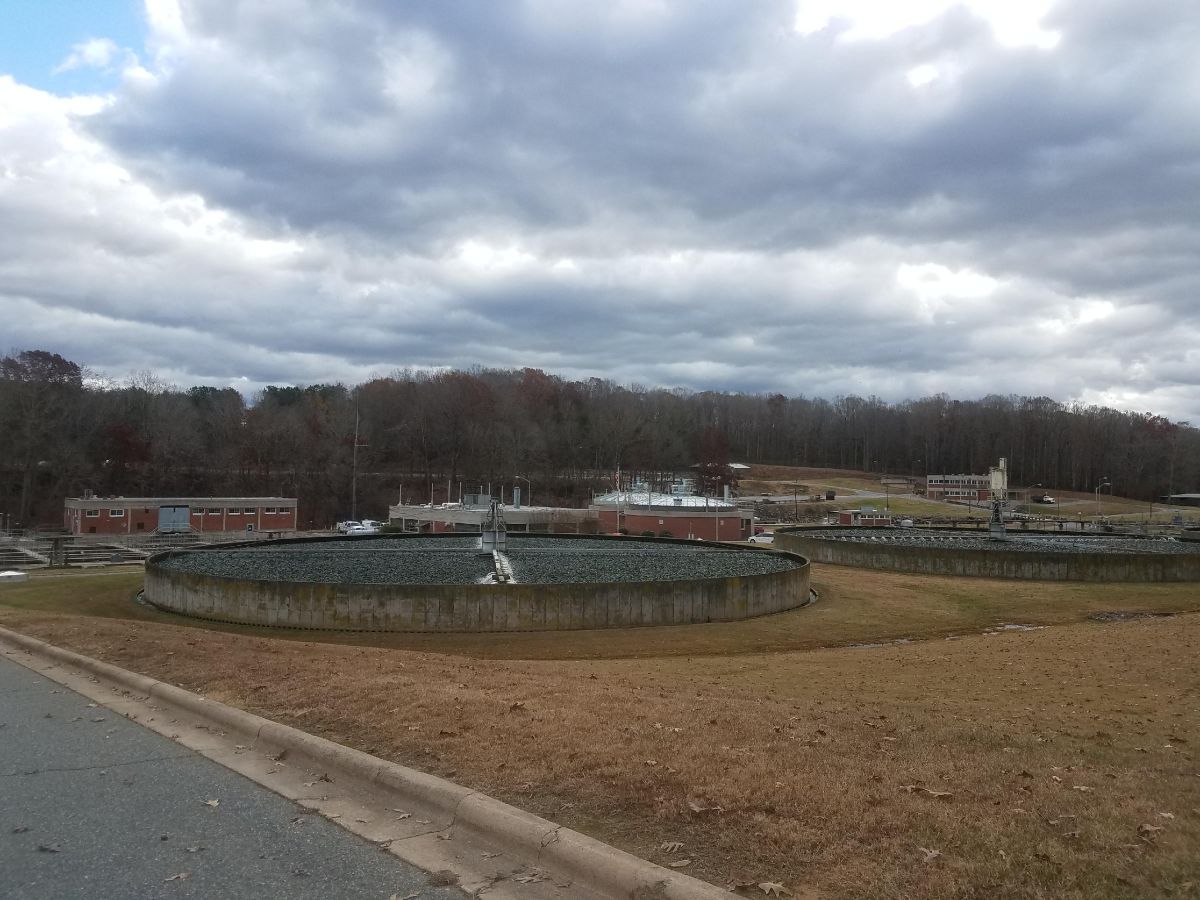
RALEIGH — A new version of legislation spelling out restrictions on wind energy projects passed the Senate this week, but backers in both chambers say to expect yet another rewrite soon.

Wayne County Republican and House Majority Leader Rep. John Bell, whose Greene, Johnston and Wayne County district includes Seymour Johnson Air Force Base, said a new version of the bill could be announced as early as next week.
Supporter Spotlight
Its sponsors, including Sens. Harry Brown, R-Onslow, Paul Newton, R-Cabarrus, and Norm Sanderson, R-Pamlico, say the bill is necessary to prevent conflicts between wind turbine projects and military training and safety, which in turn would be seen as a negative by a future Base Realignment and Closure Commission. The legislation, Senate Bill 377, is titled the Military Base Protection Act.
Opponents have called the bill an unnecessary infringement on property rights, citing an extensive military oversight process already in use.
Bell, the main sponsor of 2013 legislation that set up a process for dealing with wind energy conflicts with military bases, said that among the changes being worked out is a process that accounts for situations in which military officials are unable to raise objections.
Even though base managers are free to speak up, he said, “a lot of time through politics and government policy they were not allowed to speak.”
Bell said negotiations over the past two weeks with industry representatives had been productive.
Supporter Spotlight
“We’ve had discussions, shared language back and forth,” Bell said Thursday in an interview. “We’re hoping to address our concerns and hoping to alleviate their concerns and right now we’re about 95% there.”
This year’s legislation started out as an outright ban on areas deemed in serious risk of conflict, according to a set of maps commissioned under previous legislation. The maps were produced by the Department of Commerce using research by Morrisville-based consultants AECOM. They show conflicts in nearly all of eastern North Carolina and would automatically rule out large swaths of the state from consideration for wind energy projects.
After the bill stalled in the Senate, it was re-written. Now, instead of a permanent ban, it calls for a three-year moratorium on new wind energy projects in areas deemed in conflict. The bill also anticipates further guidance from federal officials on how wind projects could affect base closure plans.
That version passed the state Senate Wednesday by a vote of 25-19, but sponsors said they expect to see the bill come back with a clear set of guidelines that can be put in place, rather than another moratorium.
The legislation passed mostly along partly lines with Sen. Bob Steinburg, R-Chowan, whose district includes a wind farm operated for Amazon, the lone Republican opposed.
Steinburg, who has fought over the issue with Senate Majority Leader Brown since his time in the state House, said the bill strips people of their economic opportunities and private property rights and would do nothing to prevent base closures.
Sen. Don Davis, D-Greene, said he had confidence in the system for determining conflicts as used by the Military Aviation and Installation Assurance Siting Clearinghouse. Davis said he disagreed with the moratorium and couldn’t support the bill as written, but encouraged sponsors to push forward with negotiations.
Sen. Jim Perry, R-Lenoir, who along with Brown led the effort to move the bill, told his colleges during floor debate that a vote for the bill was a vote for moving forward with negotiations and not the final draft of the legislation.
Perry has been meeting with Bell and other House members as well as wind energy industry representatives and other stakeholders to try to strike a deal.

In an email response to Coastal Review Online, Perry said he expects a new version to be adopted by the House that removes the moratorium and adds additional provisions, including one addressing concerns that military officials can’t speak freely on potential project conflicts and another that would further spell out how the maps would be used in the process.
“We will see language referencing maps as a tool in the process, but not as a single point ‘go/no go’ mechanism,” Perry said in the email.
While Perry and Bell said they were confident a new bill would clear both chambers and have the support of renewable energy proponents, industry representatives had yet to sign off on a plan.
“Discussions on Senate Bill 377 are on-going and we hope to reach a final agreement with legislators soon,” Peter Ledford, General Counsel for the North Carolina Sustainable Energy Association, wrote in an email to Coastal Review Online.
Nancy Thompson, manager of public affairs for Weyerhauser, said the company, one of the state’s largest landowners, is mainly concerned with any attempt impose another moratorium.
She said that whether it’s for 18 months like legislation passed at the end of the 2017 short session or three years like the one in the current bill, a moratorium is unfair to property owners.
Thompson said the first version of this year’s bill was so strictly worded it would have created a “permanent moratorium.”
Bell said he’s looking forward to reaching a deal that can finally settle the long-running wind energy debate in eastern North Carolina.
“Hopefully once this is done, we won’t be having this issue come up again,” he said, “but then this is the General Assembly so anything can happen.”







